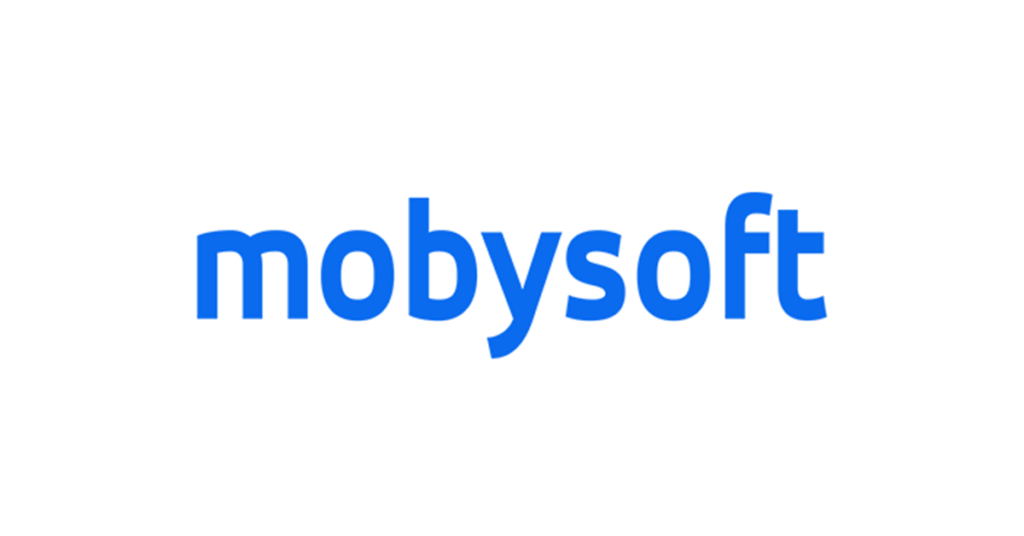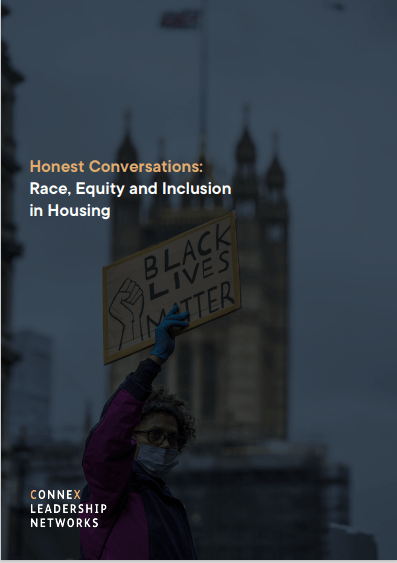The recent report from the National Housing Federation published yesterday, entitled “How diverse is England’s housing association workforce in 2023?“, served as a stark wake-up call regarding the enduring challenges of diversity and inclusion within our sector. The representation imbalances are undeniable. Women constitute 54% of the workforce, yet they hold only 47% of executive roles. And when it comes to GEM (Global Ethnic Majority) representation, the discrepancy is even more pronounced.
However, these statistics represent just the tip of the iceberg. Delving deeper reveals lived experiences that are as alarming as they are enlightening. The biting words, “She should be grateful for the opportunity we gave her”, are still fresh in my memory. Such remarks were the catalyst for our roundtable at Connex Leadership Networks, titled “Existing At The Intersection: What GEM Women Are Up Against“.
The candid conversations I’ve shared with senior GEM women since the start of the lockdown have been profoundly revealing. A particularly poignant account from a GEM woman working for a consultancy operating in the sector highlighted the stark biases that persist. Upon recognising her pay disparity, she was unjustly labelled a bully – a dog whistle for many women of colour.
Such incidents, sadly, aren’t isolated; they paint a broader picture of systemic bias.
The resonance of this subject was evident when we highlighted the issue on social media. The sheer volume of messages I received in my inbox was both affirming and concerning. Furthermore, it’s deeply unsettling to observe discussions within GEM informal networks suggesting a waning emphasis on the Equity, Diversity, and Inclusion (EDI) agenda in the sector, and in organisations themselves.
This leads me to an indispensable component of our journey; our white allies and advocates. Their presence and proactive involvement in our roundtable wasn’t merely symbolic. Their engagement signifies a broader recognition of the collective action required to address these imbalances. It’s imperative to acknowledge that championing equity isn’t solely a GEM concern; it’s a collective responsibility. Our white allies are integral to driving understanding, dismantling obstacles, and collaboratively championing genuine change within the sector.
My motivation in establishing Connex was clear-cut; to convert challenging sector discussions into tangible, positive change. The revelations from the National Housing Federation, coupled with the overwhelming feedback from our member community, accentuate the pressing need for our mission.
In conclusion, I wish to reiterate: every GEM woman in leadership, or working her way there, has secured her position through undeniable merit and determination.
To our wider community, and particularly our white allies, we must ensure that the call for genuine diversity, equity, and inclusion remains unequivocal and persistent. At Connex, we’re committed to leading this critical dialogue, amplifying voices, and ensuring the EDI agenda remains a paramount focus.
Tunde





